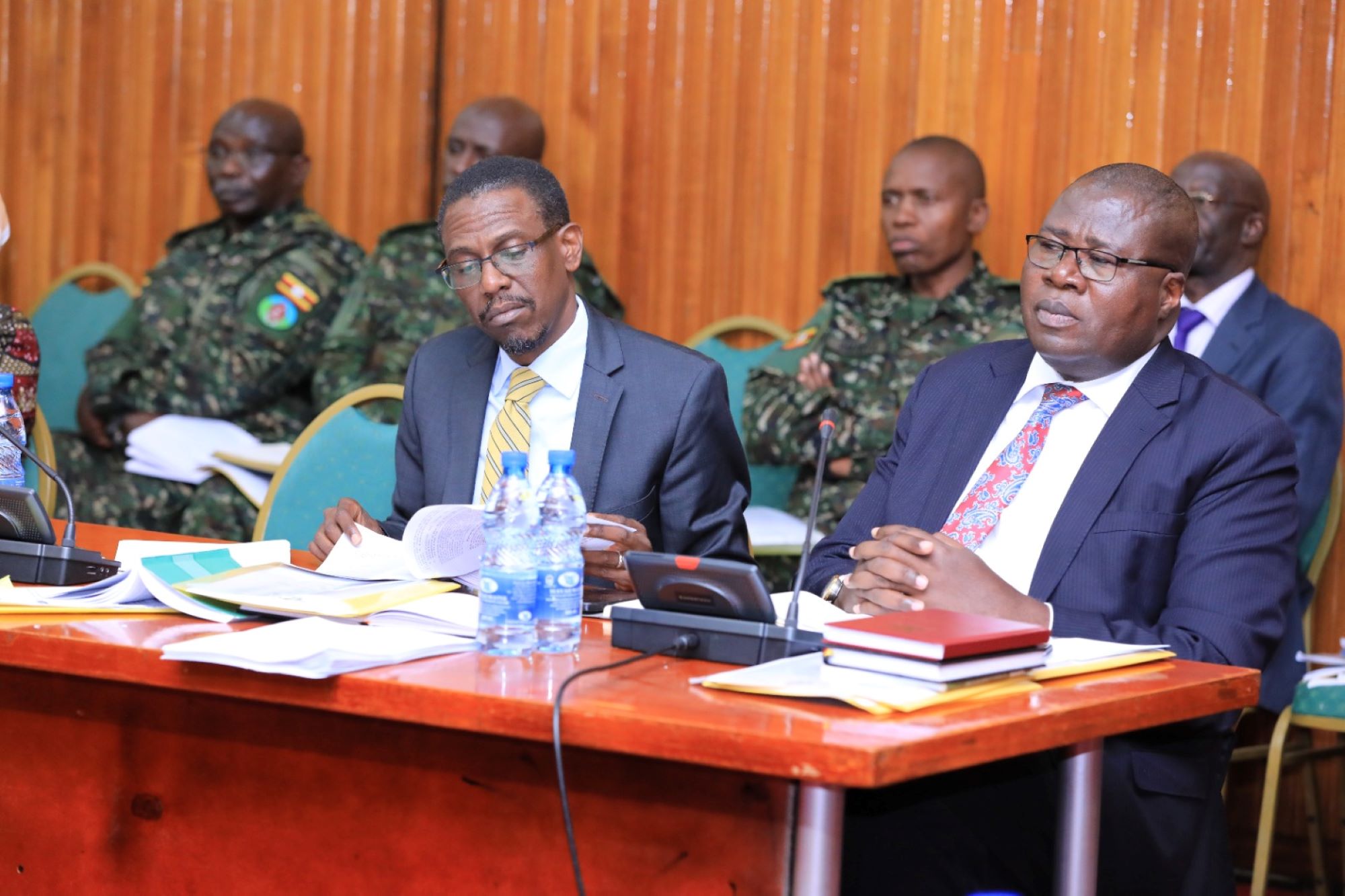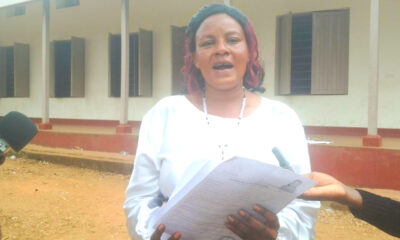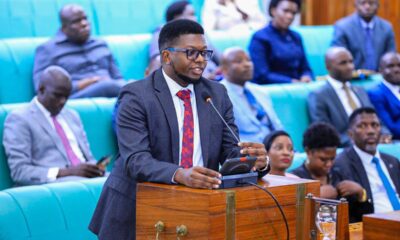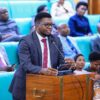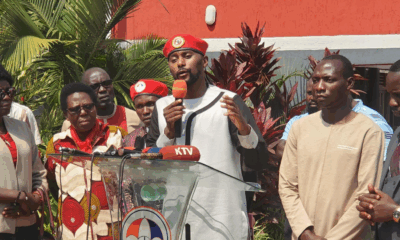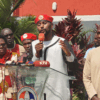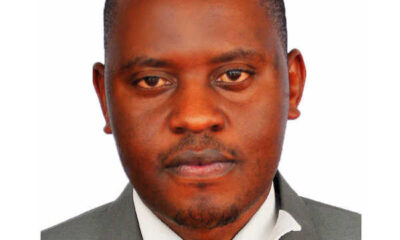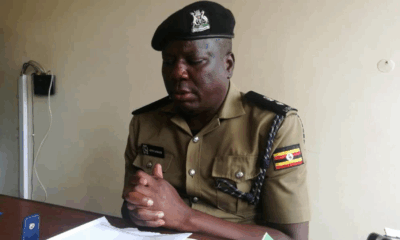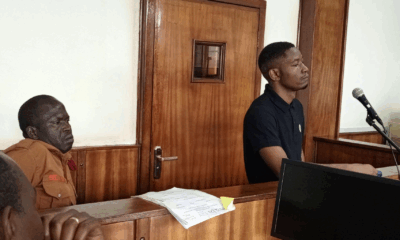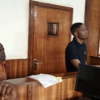News
UPDF Bill Faces Scrutiny Amid Fears of Sidestepping Supreme Court and Constitution
A contentious debate unfolded in Parliament yesterday as the joint Committee on Legal and Parliamentary Affairs and Defence and Internal Affairs commenced deliberations on the Uganda Peoples’ Defence Forces (UPDF) Amendment Bill, 2025. The Bill, presented for its first reading just a day prior, aims to streamline the structure of the defence forces, define key terms like “service offence” and “court martial,” and restructure military courts in accordance with the Constitution.
However, the meeting, attended by high-ranking officials including Minister of Defence and Veteran Affairs Jacob Marksons Oboth and Attorney General Kiryowa Kiwanuka, quickly became a battleground of differing interpretations, particularly concerning the trial of civilians in military courts. Legislators voiced strong concerns that the proposed amendments could potentially undermine constitutional safeguards and disregard a past Supreme Court ruling on the matter.
Hon. Jonathan Odur ignited the debate by questioning the very legal foundation of the Bill, asserting that a Supreme Court judgment had already deemed the trial of civilians in military courts unconstitutional. “The mover seemed to have created his own judgment and now it is being used here,” he stated, pointedly requesting the Attorney General to specify the relevant paragraphs of the Supreme Court ruling being cited.
Echoing this sentiment, Hon. Mathias Mpuuga cautioned against any attempt to elevate the UPDF Act above the supreme law of the land. “Taking these amendments at face value would mean that the UPDF Act is now the supreme law of the land,” he warned. Mpuuga further challenged the underlying assumption that civilian courts are incapable of handling certain offenses.
Adding his voice to the chorus of concern, Hon. Abdu Katuntu directed his criticism at court martial officers, accusing them of misapplying the existing law and thus precipitating the current controversy. While he expressed support for trying civilians found in possession of serious military-grade weaponry in military courts, he strongly objected to the inclusion of minor infractions such as issues related to military attire as grounds for court martial.
The potential overreach of the Bill was further highlighted by Hon. Naboth Namanya, who raised an alarm over a provision seeking to reserve black ceremonial shoes exclusively for military personnel. “Even the Minister is wearing the same shoes. So, you may end up being the first person paraded before the court martial,” he quipped, underscoring the potential for unfairly implicating civilians.
Conversely, Hon. Norman Ochero offered a robust defense of the court martial system, arguing that it is crucial for maintaining discipline within the armed forces and deterring the misuse of firearms. “The moment you do not have a court martial, the army would become ragtag,” he cautioned.
In response to the legislators’ concerns, Attorney General Kiryowa Kiwanuka firmly refuted the claim that the Supreme Court had outright prohibited the trial of civilians in military courts. “I can state without fear of contradiction that the Supreme Court did not say civilians cannot be tried in the court martial,” he asserted.
Kiwanuka clarified that the Supreme Court ruling identified procedural and constitutional flaws in the structure of the military court and the definition of offenses, rather than imposing a blanket ban on civilian trials. “Different judges approached the issue in different ways. The problem was with the constitutional set-up of the court and the vagueness of offences, not the principle of trying civilians,” he explained.
The passionate and at times tense exchange underscores the significant legal and constitutional questions surrounding the proposed UPDF Amendment Bill. As the joint committee continues its deliberations, the nation will be watching closely to see how these fundamental disagreements are resolved and what the implications will be for both the military and civilian population.
Comments



